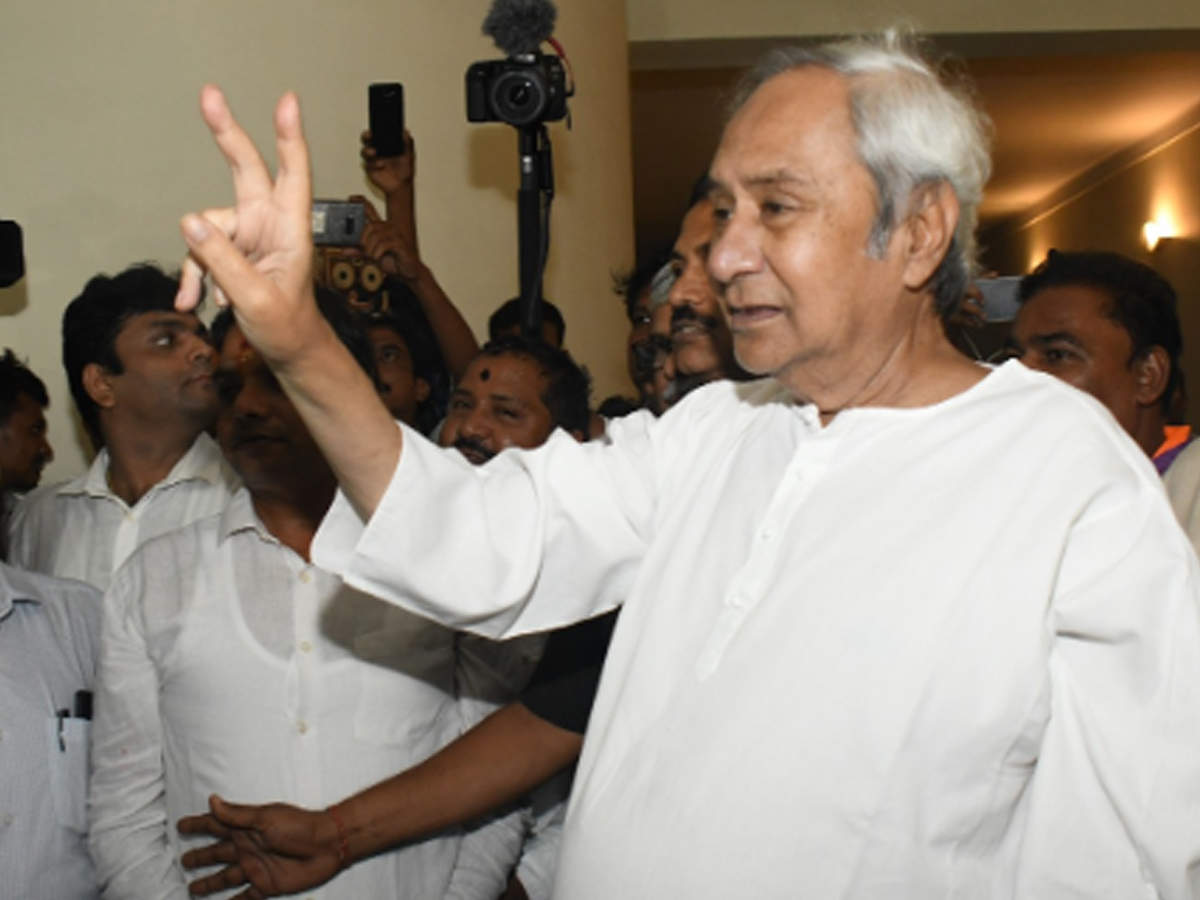
By Sanjeev Jasani
Yes, you read that right. I do see similarities between playing football and managing an agency. Both can get fairly demanding and technical. Yet, both keep the process fun. Allow me to explain why.
One goal, different roles
I love the simplicity of football. In this game, all your team members are only focused on putting the ball into the opponent’s net. One simple goal. However, different players have different roles. Some defend, some attack, and some just need to ensure great ball distribution. Tell me, how is this different from running an agency? Every agency has a goal (at least, I would like to believe it does), and all disciplines and functions have a specific role to play while working towards it.
Formations & cultures
In football, different teams deploy different formations. The selection is largely based on their playing styles. And it’s pretty much the same story across organisations. Let us assume that the centre-forwards or strikers are your creative unit, the midfielders your planning team and the defenders your servicing department. Playing them in different formations shows your point of emphasis and area of expertise (it also determines your footballing philosophy).
For example, the most classic formation is 4-3-3 (also known as total football). Creative agencies tend to structure themselves like this, with more emphasis on the creative product (read, scoring goals). Here, even the planners have a flair for creativity, and play high up. Clients who come to agencies for good creatives tend to prefer only this formation.
Then, there’s 4-5-1, a highly defensive style of playing and quite boring to watch. As you may have guessed, the emphasis is not on scoring but blocking the opposition out. Zero creativity, more operations. Agencies playing this formation tend to have high churn. Still, it’s not without its benefits.
Managing your bench
A typical football season is quite long, spanning several months. Some footballers play over 70 matches in a season, and this can take a lot out of you. It can lead to injuries, loss of form and attrition. Thus, it’s important for managers to have a strong bench, which they can call upon anytime, to fill any role. It’s the same in an agency. The churn rate is anywhere between 30% and 40%. So, it’s important to have bench strength, especially for key roles, to keep the engine going and prevent a shutdown. Agencies who don’t plan for this can expect catastrophic results.
Scouting will help bolster the bench. Good teams hire scouts, whose only job is to find talent that’s best suited to delivering the team’s goal. At an agency, scouting is important not only for talent but also for new ideas that can add value to its client’s business.
Practise, practise, practise
My son once asked me, “Papa, what kind of offices do footballers go to? What work do they do?” I replied, “Well, they don’t go to office – their job is to only play football.” His eyes lit up instantly. “Well, that’s an easy job,” he said. “I want to do that when I grow up.” It took me a while to convince him that it’s not an easy job at all.
It takes years of constant practice, and blood and sweat, to become a great footballer. You may have talent but if you don’t practise, you can’t become great. Ronaldo, one of the modern greats, spends hours and hours practising and training to perfect his skills.
Similarly, it doesn’t matter who you are or what level you work at. If you are not practising your craft daily, you can’t keep up and will be replaced very easily. Training is of utmost importance for your people — teach them new skills, help them evolve, and keep them updated.
Captain vs Manager
The captain is just another player whose one job is to motivate his team and lead by example. The manager, on the other hand, doesn’t play but stands on the sidelines barking orders and making tactical changes. Two different roles but both critical. If you are team leader, be hands on and lead by example. If you are manager, don’t take your eyes off the game. Be involved. Strategise and tell your players what you expect from them. Set the direction. They will follow you and implement your strategy. Management by delegation is a recipe for disaster (don’t expect your captain to tell you what to do next). Hence, good managers are people with great vision. They are builders and shapers of businesses and people.
(The author is chief digital officer, CHEIL WW India)
Yes, you read that right. I do see similarities between playing football and managing an agency. Both can get fairly demanding and technical. Yet, both keep the process fun. Allow me to explain why.
One goal, different roles
I love the simplicity of football. In this game, all your team members are only focused on putting the ball into the opponent’s net. One simple goal. However, different players have different roles. Some defend, some attack, and some just need to ensure great ball distribution. Tell me, how is this different from running an agency? Every agency has a goal (at least, I would like to believe it does), and all disciplines and functions have a specific role to play while working towards it.
Formations & cultures
In football, different teams deploy different formations. The selection is largely based on their playing styles. And it’s pretty much the same story across organisations. Let us assume that the centre-forwards or strikers are your creative unit, the midfielders your planning team and the defenders your servicing department. Playing them in different formations shows your point of emphasis and area of expertise (it also determines your footballing philosophy).
For example, the most classic formation is 4-3-3 (also known as total football). Creative agencies tend to structure themselves like this, with more emphasis on the creative product (read, scoring goals). Here, even the planners have a flair for creativity, and play high up. Clients who come to agencies for good creatives tend to prefer only this formation.
Then, there’s 4-5-1, a highly defensive style of playing and quite boring to watch. As you may have guessed, the emphasis is not on scoring but blocking the opposition out. Zero creativity, more operations. Agencies playing this formation tend to have high churn. Still, it’s not without its benefits.
Managing your bench
A typical football season is quite long, spanning several months. Some footballers play over 70 matches in a season, and this can take a lot out of you. It can lead to injuries, loss of form and attrition. Thus, it’s important for managers to have a strong bench, which they can call upon anytime, to fill any role. It’s the same in an agency. The churn rate is anywhere between 30% and 40%. So, it’s important to have bench strength, especially for key roles, to keep the engine going and prevent a shutdown. Agencies who don’t plan for this can expect catastrophic results.
Scouting will help bolster the bench. Good teams hire scouts, whose only job is to find talent that’s best suited to delivering the team’s goal. At an agency, scouting is important not only for talent but also for new ideas that can add value to its client’s business.
Practise, practise, practise
My son once asked me, “Papa, what kind of offices do footballers go to? What work do they do?” I replied, “Well, they don’t go to office – their job is to only play football.” His eyes lit up instantly. “Well, that’s an easy job,” he said. “I want to do that when I grow up.” It took me a while to convince him that it’s not an easy job at all.
It takes years of constant practice, and blood and sweat, to become a great footballer. You may have talent but if you don’t practise, you can’t become great. Ronaldo, one of the modern greats, spends hours and hours practising and training to perfect his skills.
Similarly, it doesn’t matter who you are or what level you work at. If you are not practising your craft daily, you can’t keep up and will be replaced very easily. Training is of utmost importance for your people — teach them new skills, help them evolve, and keep them updated.
Captain vs Manager
The captain is just another player whose one job is to motivate his team and lead by example. The manager, on the other hand, doesn’t play but stands on the sidelines barking orders and making tactical changes. Two different roles but both critical. If you are team leader, be hands on and lead by example. If you are manager, don’t take your eyes off the game. Be involved. Strategise and tell your players what you expect from them. Set the direction. They will follow you and implement your strategy. Management by delegation is a recipe for disaster (don’t expect your captain to tell you what to do next). Hence, good managers are people with great vision. They are builders and shapers of businesses and people.
(The author is chief digital officer, CHEIL WW India)
LOK SABHA ELECTION RESULT 2019
AP election results 2019Telangana elections results 2019Odisha election results 2019Chhattisgarh election results 2019Punjab election results 2019Uttarakhand election results 2019Karnataka election results 2019Madhya Pradesh election results 2019Himachal Pradesh election results 2019Haryana election results 2019Delhi election results 2019Maharashtra election results 2019Kerala election results 2019Bihar election results 2019Gujarat Lok Sabha election results 2019UP Lok Sabha election results 2019West Bengal election results 2019Tamil Nadu election results 2019
#ElectionsWithTimes
Quick Links
Lok Sabha Election Schedule 2019Lok Sabha Election NewsDelhi Capitals teamMI team 2019Rajasthan Royals 2019RCB team 2019Maharashtra Lok Sabha ConstituenciesBJP Candidate ListBJP List 2019 TamilnaduShiv Sena List 2019AP BJP List 2019Mamata BanerjeeBJP List 2019 MaharashtraPriyanka GandhiBJP List 2019 KarnatakaAMMK Candidate List 2019BJP List 2019 WBLok Sabha Elections in Tamil NaduBSP List 2019 UPNews in TamilLok Sabha Poll 2019Satta Matka 2018PM ModiMahagathbandhanNagpur BJP Candidate ListChandrababu NaiduTamil Nadu ElectionsUrmila MatondkarNews in TeluguMadras High CourtTejashwi YadavArvind KejriwalTejasvi SuryaPawan KalyanArvind KejriwalYogi AdityanathJaya PradaSatta King 2019Srinagar encounter
Get the app









